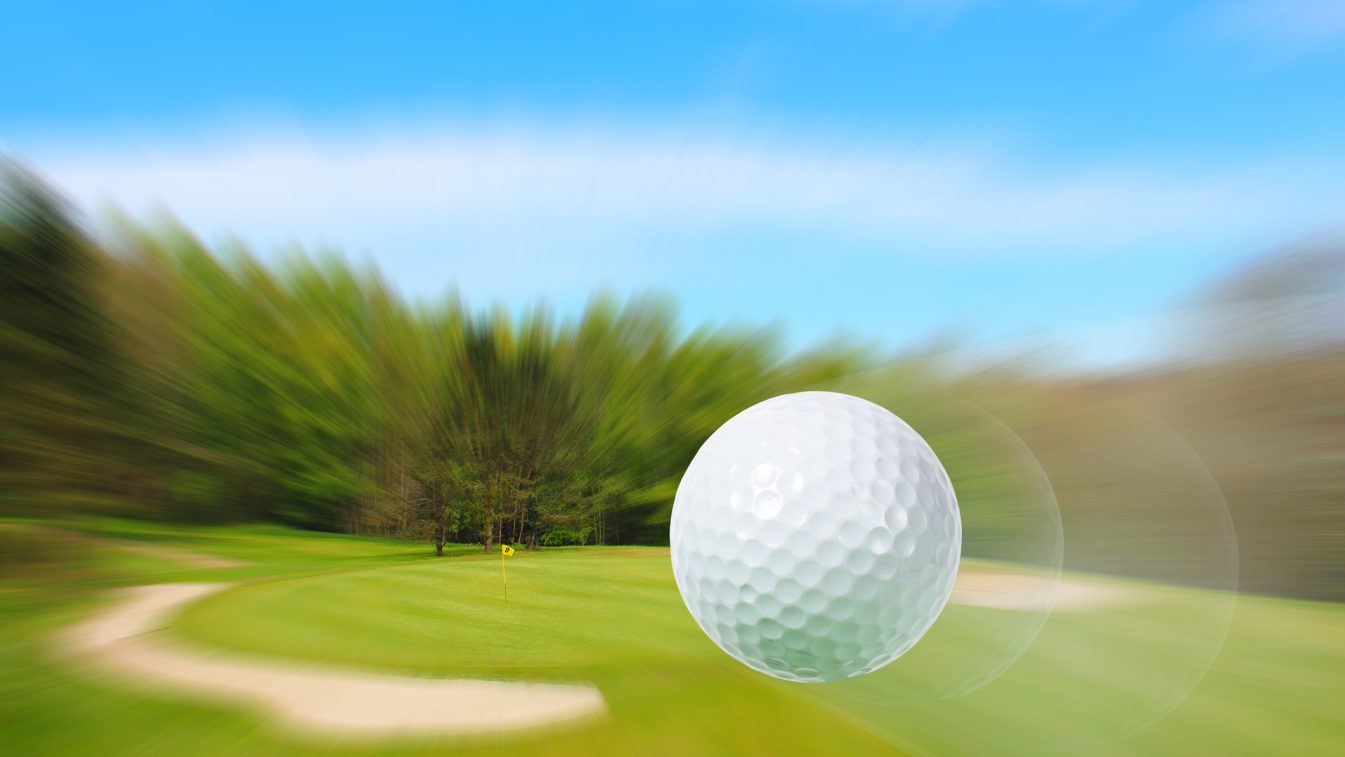How to lower your ball flight
02 December 2020

Being able to fire one low under some branches or having the skill to keep the ball under the wind can give you a real advantage on the course.
Here, PGA Professional Keith Williams explains how it’s done, focusing on two types of shot – the punch shot and the knockdown shot.
Punch shot
It’s not a shot I tend to teach, because it can be a lottery. However, it can also be effective, and because it doesn’t require as much technical ability as the knockdown shot, it’s a shot most golfers should be able to master.
Talking of masters, Gary Player used to hit his wedge shots low – approaches, not full shots. He had a way of fizzing the ball low into the green and getting it to stop better than most players. Now, of course, all the top players are proficient in altering their shot trajectory.
A punch shot is very much hands dominated. You drive the handle forward, you lean the shaft forwards with your hands, and you tend to deloft the club slightly.
Here’s how to play it:
1. Narrow your stance
Most players would tend to narrow their stance slightly, which encourages a shorter swing.
2. Ball position back of your stance
You might see players move it back as far as just in front of the back foot.
3. Drive the handle
You’re going to keep your hands leading the clubhead and drive the handle. There’s a tendency to steepen the downswing a touch and drive it forward with a slightly higher spin rate.
The result? If you strike the ball properly, it should go in lower, spin a little more, and then come to a quick stop.
You can grip slightly down the handle for more control with a punch shot, just like you can with the knockdown shot.
Knockdown shot
The knockdown shot is more subtle, but it requires a little more technical ability because you need slightly more control of your golf swing to achieve it.
The punch shot tends to be more aggressive, but with the knockdown, the swing is softer. It’s hit with a different impact position, with a shallower angle of attack.
Imagine the ball getting ‘collected’ with a shallow divot, the ball coming off the clubface low and soft.
When it comes down, it will stop fairly quickly, but it isn’t stopping because of a high spin rate – it’s a lower spinning shot.
Here’s how to play it:
1. More centred ball position
You might have a slightly narrower stance than you normally would, but compared to the punch shot, it shouldn’t be as narrow. The ball position should be centred to slightly behind centre.
2. Chest over the ball, pressure left side
I’d say perhaps 55-45 left side dominated. By combining that with the feeling that your chest is a bit more over the ball, your shoulders tend to be a fraction more horizontal to the ground, which helps with the one-piece movement that you’re looking to create.
3. One-piece swing
You want to feel as though you retain the pressure on the left foot. You don’t want to feel as though you’re loading behind the ball. It’s important to remember that – you’re not trying to get behind the ball.
So, you don’t want active hands; you’re trying to keep your hands and arms passive, rotating the body through the ball and holding your angles.
Compared to the punch shot, it’s a wider swing with a shallower angle of attack. I stress again – you want the feeling that you’re ‘collecting’ the ball, so it comes off the face softer.
I would describe it as a three-quarter backswing to three-quarter follow through feeling.
A final point
As you move down the lofts in your bag (so 6-iron, 5-iron and lower), the harder it is to play these low flight shots. They are much harder to control with manufactured swings.
So, head out on the range and give them a go before doing it in an important match.
Good luck!
Specialist golf insurance from Golf Care
If you’re heading to the course any time soon, you might want to consider specialist golf insurance to protect both yourself and your equipment. Find out how golf insurance can help you by clicking the link above, or get an instant online quote today.
Please note the information provided on this page should not be taken as advice and has been written as a matter of opinion. For more on insurance cover and policy wording, see our homepage.
